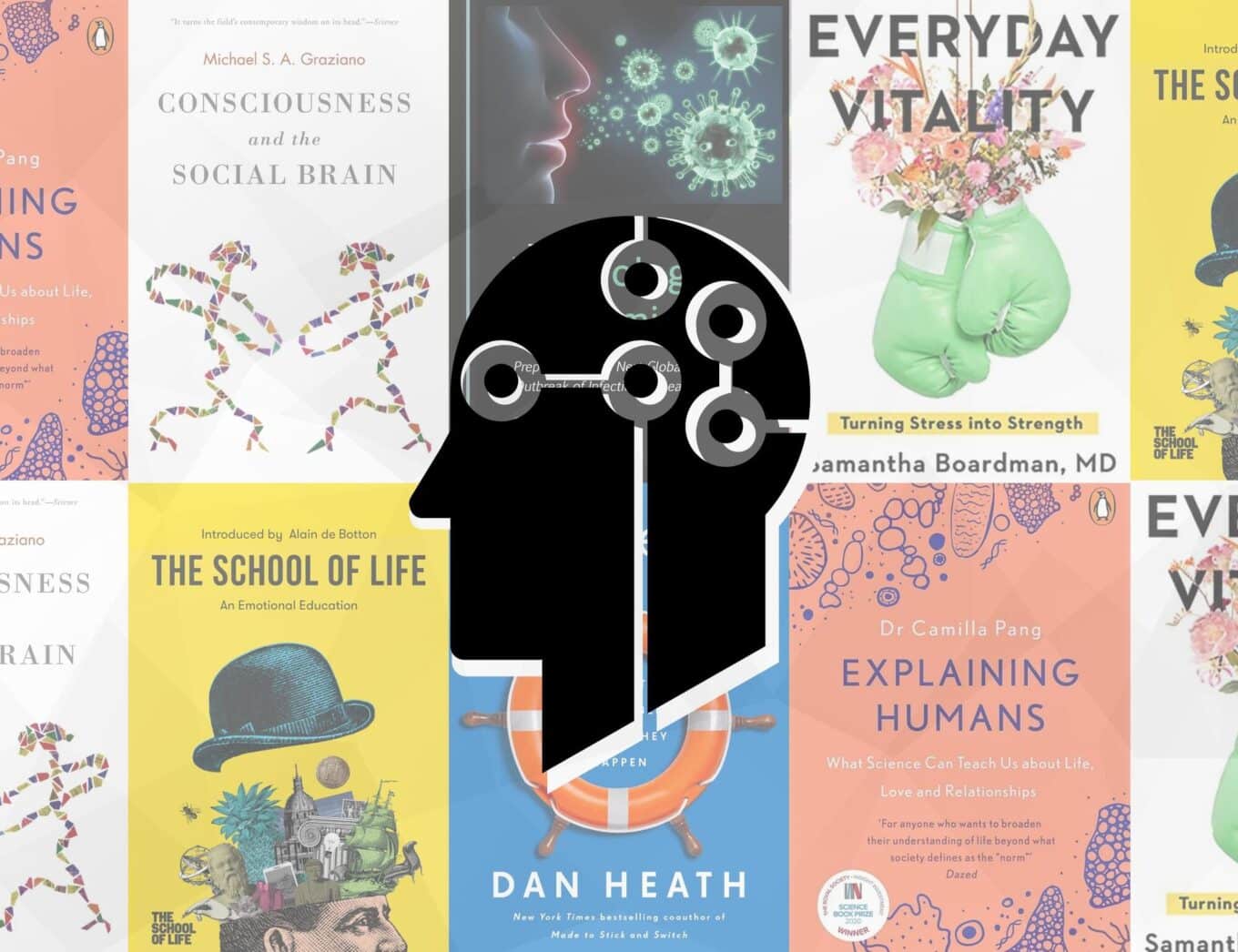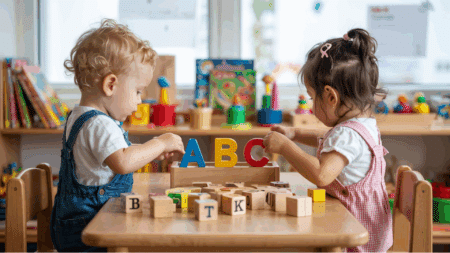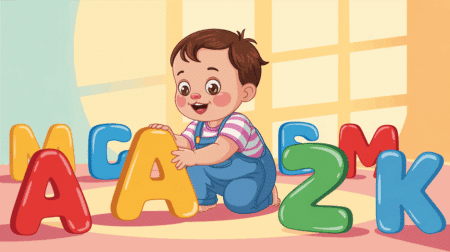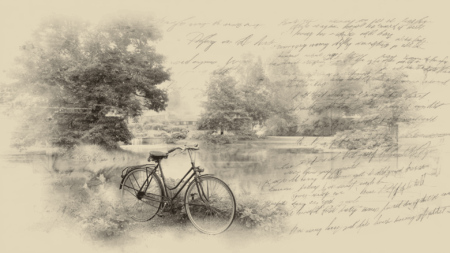Do you feel inclined toward the depth of human behavior? To understand and become an expert on how the human mind works. Well, there’s nothing much to bother about. We have got all the answers for you.
Psychology books for beginners are the best approach you can head to.
But, among all the libraries and so many blabbering mouths, which sets the tone for you? It’s the one that ignites the spark within you. The one that quenches your thirst for all the pending answers.
You might be tempted to single out the great titles, but you need the handpicked ones that suit your purpose.
Don’t you save your favorite piece to savor at the end? Likewise, while we proceed with the list of 13 best psychology books for beginners, we will save the best for the last. Understand the depth and the type of psychology of each book and make your choice.
Best Psychology Books for Beginners for Education
Choosing the right book from the available books is like finding a needle in the hay. You will be amazed by how human psychology works, and the overwhelming feeling might take upon you if your curiosity is not answered.
Go through these handpicked lists that provide the basics of understanding human psychology that ends the best of the list.
1. The Happiness Hypothesis – Jonathan Haidt
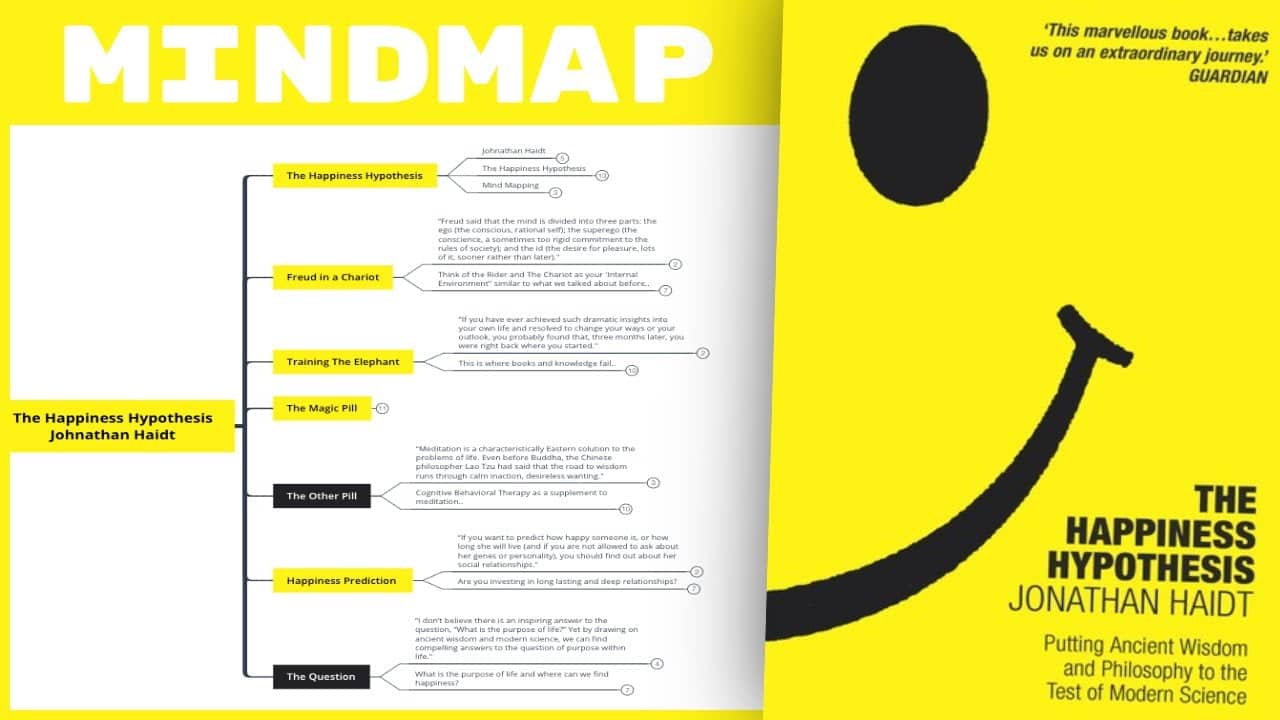
This book by Jonathan Haidt teaches the importance of ‘coherence’ with the help of the Happiness Formula. It is a rare moral achievement that is both scientifically sound and well-written.
The book educates its readers to move away from pain and get closer to pleasure by letting go of the need to have more and more desires.
All it does is pull a person towards more and more misery. It preaches to cultivate the habit of daily meditation rather than depending on the momentary highs.
It may sound like a self-help book, but it is a great book for a beginner who wants to dwell in psychology and understand the little things that broaden our minds.
2. How the Brain Learns – David A. Sousa
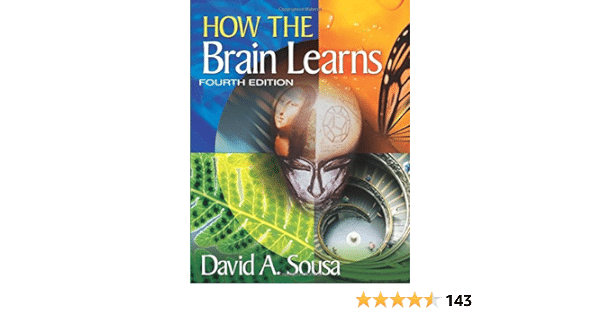
It is a perfect book for teachers to teach psychology and an even better psychology book for beginners who are interested in learning about human behavioral patterns. It makes learning real by highlighting the difference between male and female brains.
More than the learners, this book is loved by the teachers for the effective classroom strategies David Sousa has integrated into the book.
This best-selling psychology book for beginners is a compilation of recent developments in education, neuroscience, and psychology. Students find this book very amusing in terms of knowledge of how a brain learns and adapts to various circumstances.
It has lots of knowledge that is effective for education.
3. The Absorbent Mind – Maria Montessori
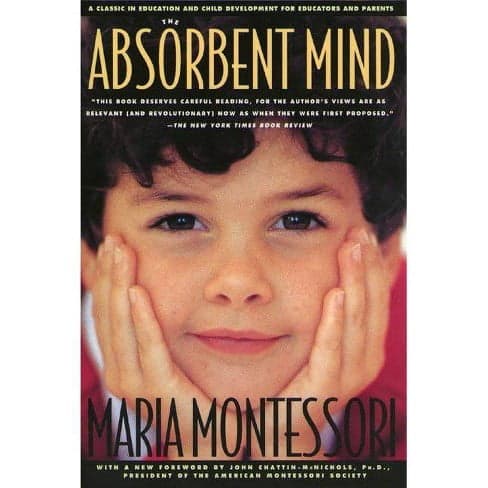
The Absorbent Mind by Maria Montessori is a book supported by previous observations and experiences. It explains the discoveries related to child development. The brain of a child until the age of 6 years is like a sponge that absorbs whatever is fed into it.
As further explained by the author, it is the environment and the independent, active learning of a child that helps him grow and learn about life. Teachers are mere watchdogs who intervene when the child needs the right path.
For the students entering the world of human psychology, this book acts as an understanding of how a child learns and the continued patterns while growing up. It can help curb the educational crisis and pave the way for effective learning.
The continued pattern helps realize ways to change the learning process.
4. Frameworks for Practise in Educational Psychology – Barbara Kelly
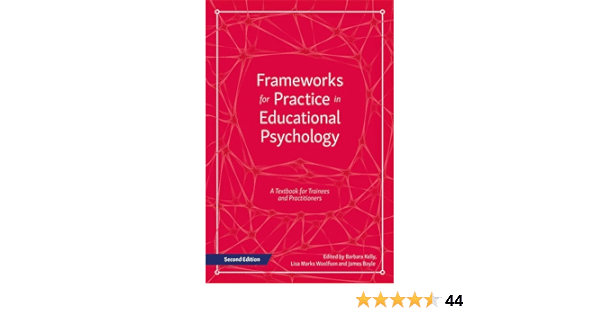
For the psychology books for beginners, it is a model book for solution-based text. The book explains the complex, integrated methodology necessary to excel in the field in the modern day. It covers the established technique of ‘Monsen et al.’
It provides a framework for existing and emerging practices in educational psychology.
It outlines the innovative problem-solving approach and methods by perceptive assessments of how modern frameworks need accountable, transparent, and effective practice.
It is an invaluable resource for educational psychologists, students, trainers, and educators since it defines the up-to-date view of educational psychology.
5. Psychology for Dummies – Adam Cash
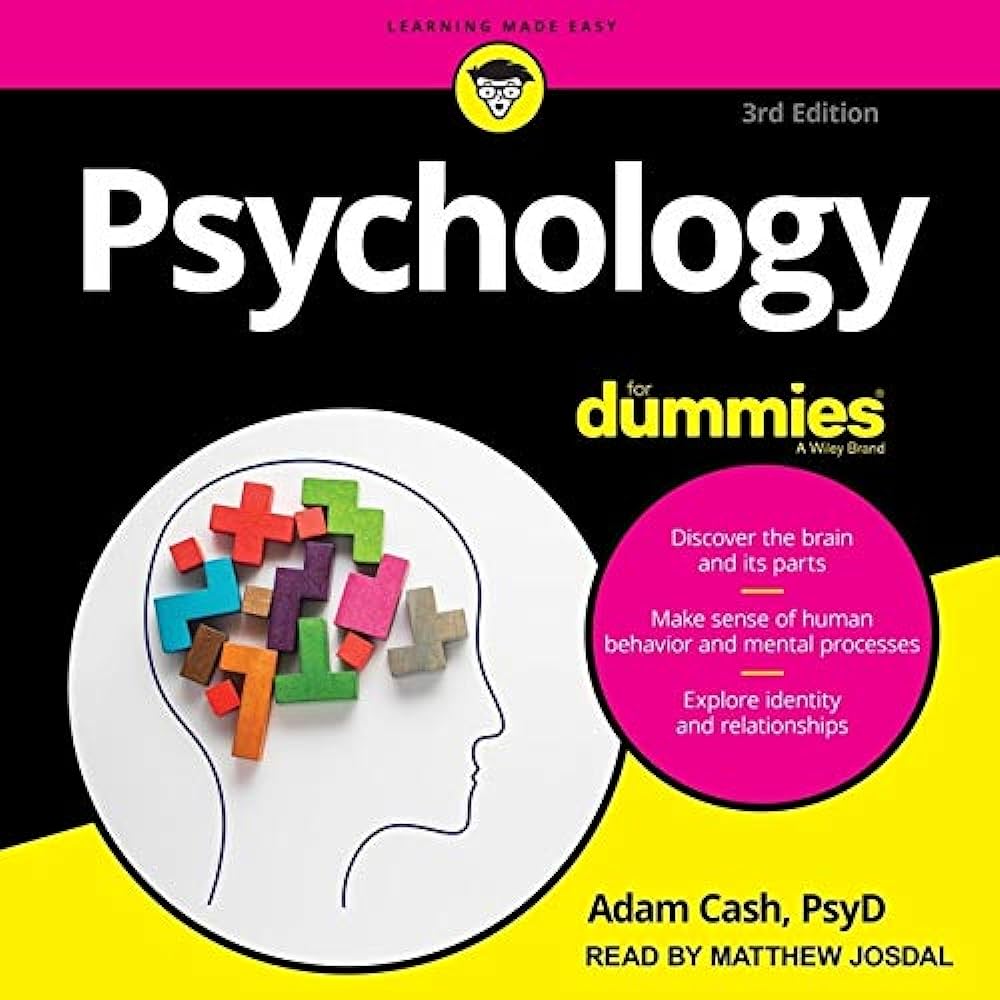
It is a very interesting and humorous read on what makes us “tick” as human beings. For the students beginning their psychological education and awareness, this is one of the best psychology books for beginners you will end up reading.
Don’t let the ‘for gummies’ notion mislead you; it just marks the introspection of the book in the most unornamented fashion. It teaches you how a psychologist plays with people’s minds to make them realize their feelings without stating them directly.
Adam Cash uses practical examples to delve deep into the maze of the human mind. It states facts to explain the various types of mental illness, the various schools of thought, relationships, and culture in human psychology.
Overall, it is an examined guide for newbies in the field.
6. The Confidence Game – Maria Konnikova
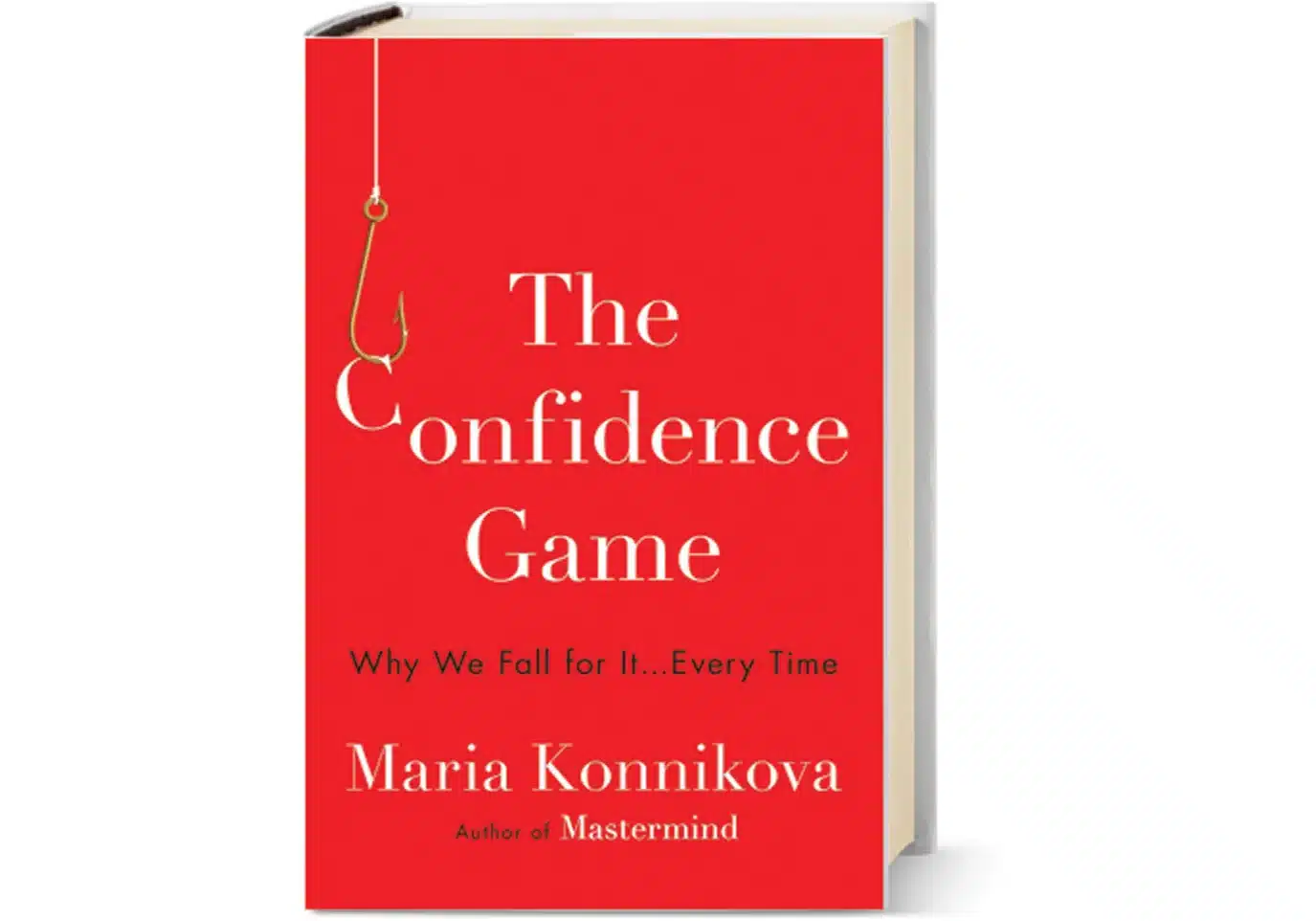
Maria Konnikova has conventionally explained what’s wrong with our self-perception in her book. The book explains that con artists are the most intuitive psychologists in the world.
They prey on the weakness of people and how the general people become a victim of their minds under the influence. It tells us why the Ponzi schemes still work after people become ‘smart.’
A person naive to the field of human psychology must read this book since it will make you aware of how the cons or people, in general, manipulate the minds of those who aren’t aware. It will save you from being taken advantage of and help you learn ways to overcome cons and pyramid schemes.
7. How Children Fail – John Holt
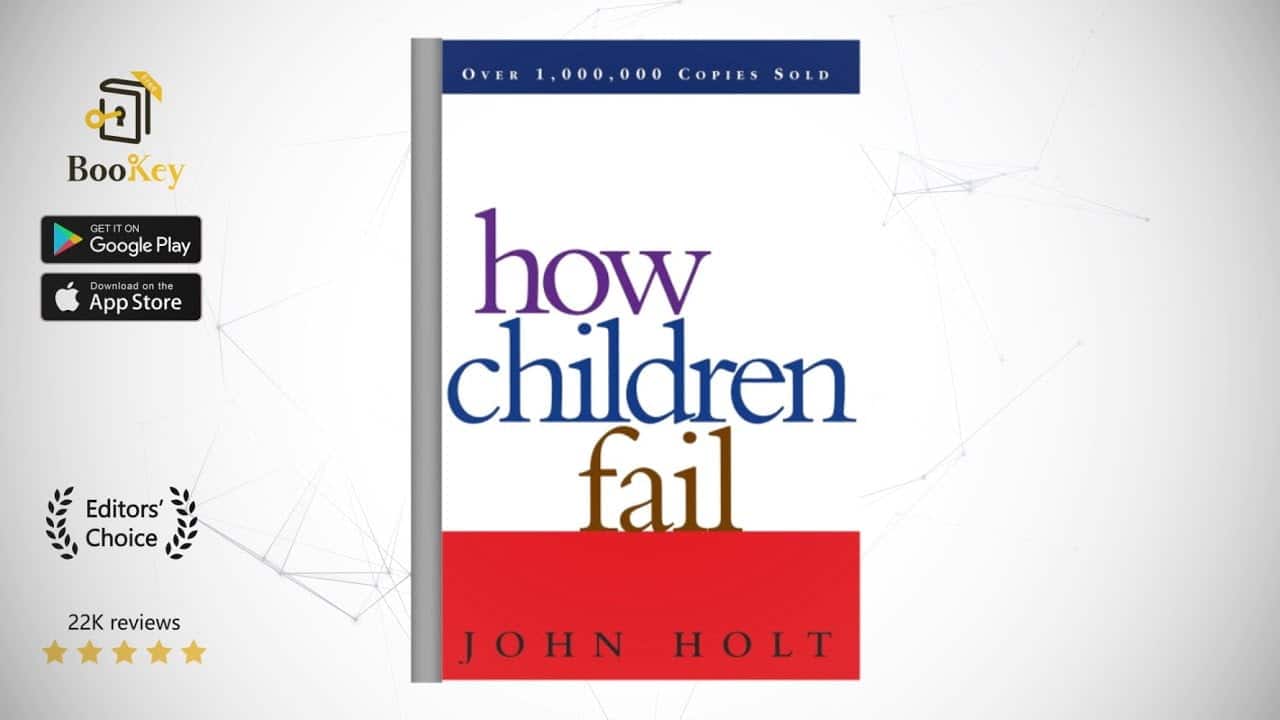
John Holt says that every child is intelligent and loves to learn but hates to be taught. Isn’t it right? True with adults as well. We hate it when someone tries to teach us something but fails when experiencing the same circumstances.
In the book, the author records honest classroom interactions in humorous delivery. The book points out that the child’s fear of disappointing the “anxious adults” is how a child fails.
Many times, it’s the boredom due to the irrelevant and dull curriculum that leads to failure. Understanding a child’s psychology leads to understanding his/her behavioral pattern and mental psychology.
This book is important for contemporary readers since it reflects on how a person as a child has been dealing with failures and ‘life.’ It says a lot about current scenarios.
8. Psych: The Story of the Human Mind – Paul Bloom
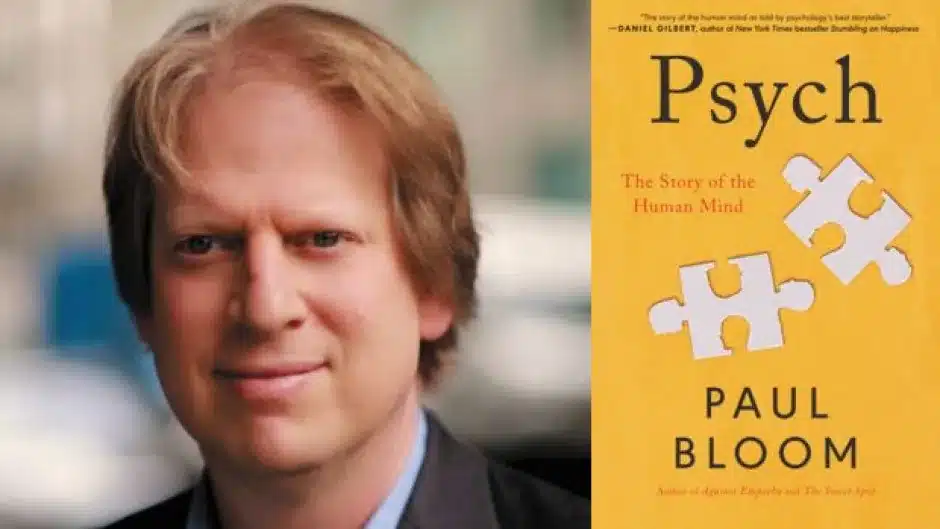
This book is a good read on why people do, think, and feel what they do. Paul Bloom thrills his readers with the truths of their very own nature. Ranging from neuron to neighborhood, the author points out the science that synthesizes and integrates our brains.
The book uses a very capturing example of a failed hamburger campaign to drive the reader’s attention.
It is a perfect testament to understanding the puzzles of the mind. Psych as Psychology Books for Beginnersis the wittiest, most captivating book in the field. It is a must-read for knowledge as well as education.
9. The Evolving Self – Mihaly Csikszentmihalyi
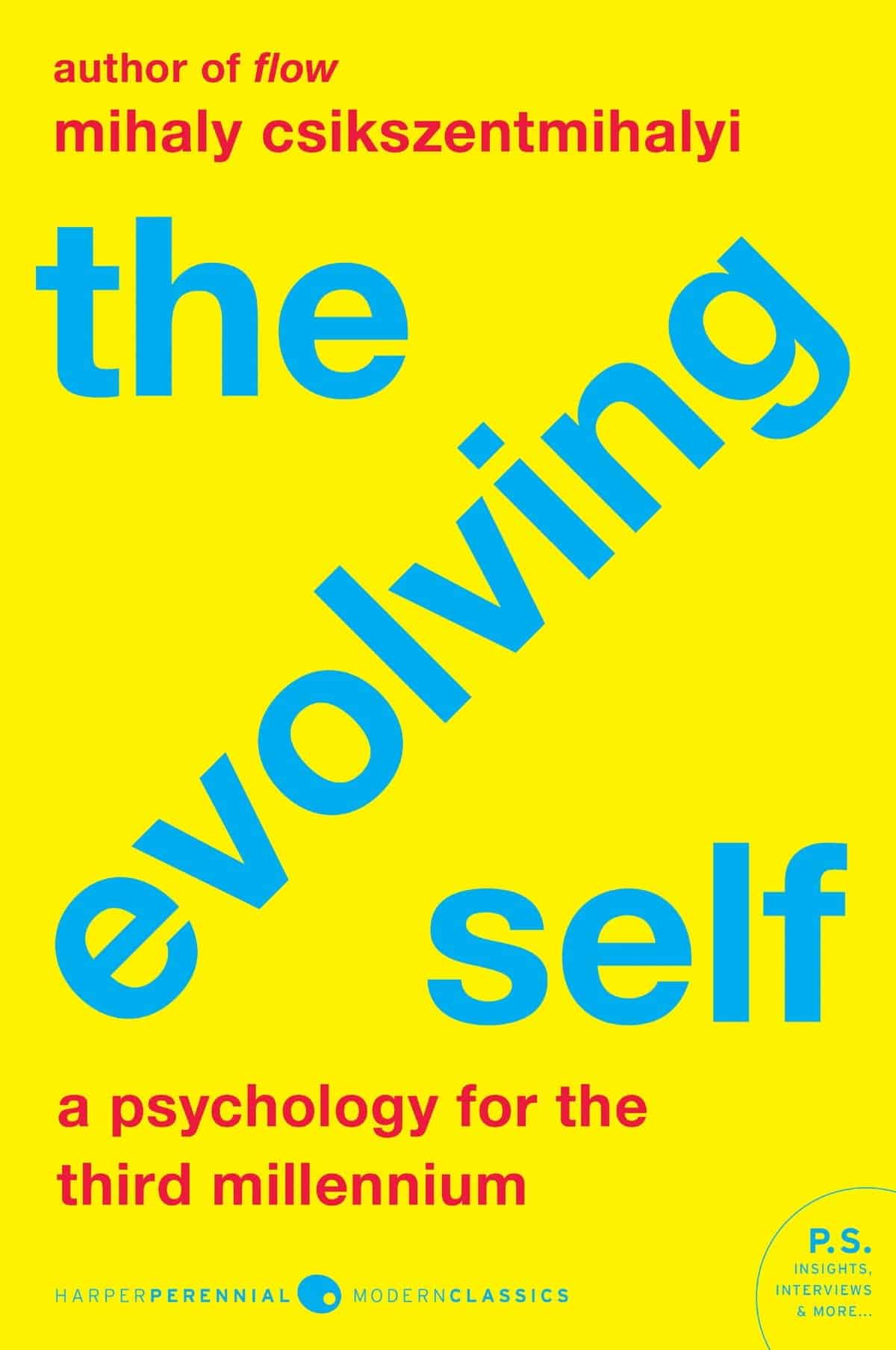
The book aims to look beyond happiness to recognize our true selves. Mihaly, in his bestselling sequel, explains that to grow as individuals and in a society, we must understand ourselves- what we are made of and what drives us.
To build a stable, meaningful future, we must understand our evolutionary past. Only then can we control our complex consciousness.
This is a must-read psychology book for beginners since it teaches us to step out of the cocoon of personal goals and to view society as a whole. It teaches the value of creativity and the potential complexity of the human mind.
10. The Path to Purpose – William Damon
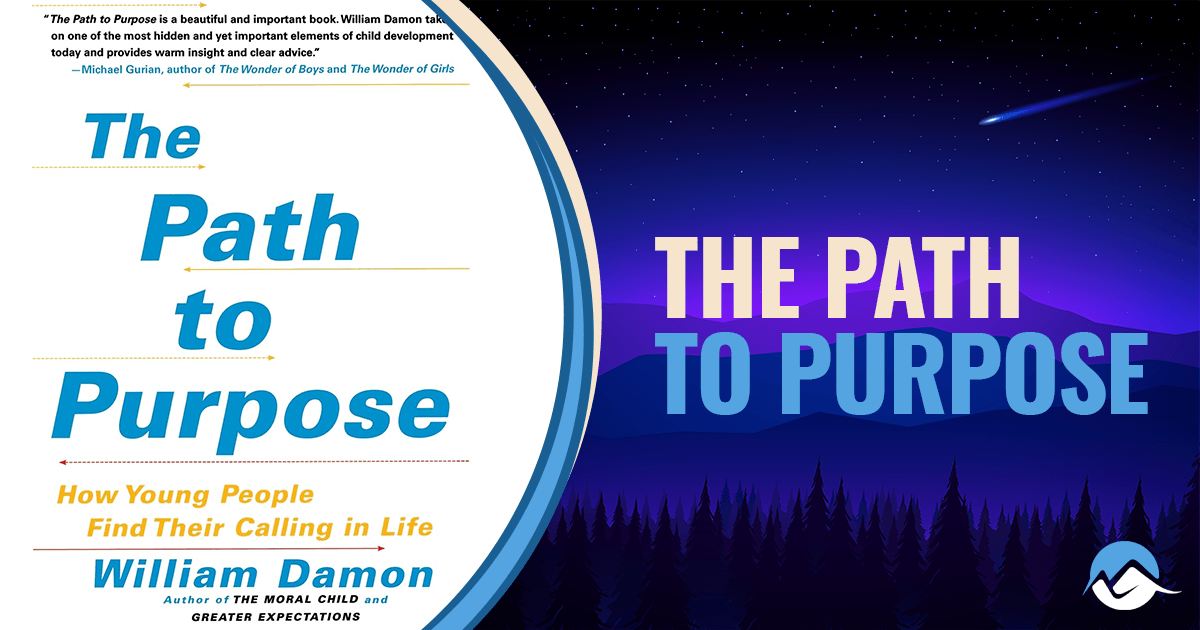
“Anyone can find a purpose and pursue it with rich benefits to themselves and others.” Psychology books for beginnersinclude William Damon’s influential read, highlighting the need to understand true fulfillment among growing children.
Society asks them to get good grades and secure jobs, but no one tells them how to look for meaning in them.
Bright careers and personal achievements make a person shallow if they lack direction and a sense of fulfillment in what they are doing. It is the adults’ responsibility to teach the children from a young age to thrive for a ‘noble cause.’
Though the book comes in dense language, it is assisted with real-life examples to understand better. This is beneficial for recent psychology education since everyone seems to lack fulfillment.
11. The Emotional Brain – Joseph E. LeDoux
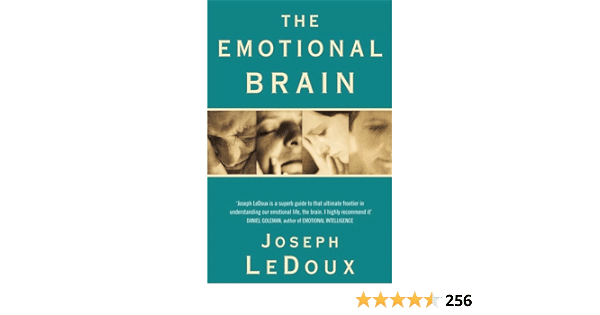
In the book, the author reviews the philosophical, neurological, evolutionary, and psychological theories that explain emotions. LeDoux tries to explain theories in the form of analogies and diagrams. It led to the discovery of the premise that every emotion in the brain has a different origin and purpose.
The sensory system we are exposed to, and the unconscious harness of emotions lead to the mechanism we generally call ‘feelings.’ Somatic and neural mechanisms are responsible for emotions, and we need to understand these mechanisms inside the human brain.
For students undergoing psychological education, it is an interesting read since it points out the science behind human emotions. It is easier to deal with emotions after identifying their cause.
Before we present you with the ‘best’ psychology books for beginners, here is the second best. Give it a read first.
12. How to Win Friends and Influence People – Dale Carnegie
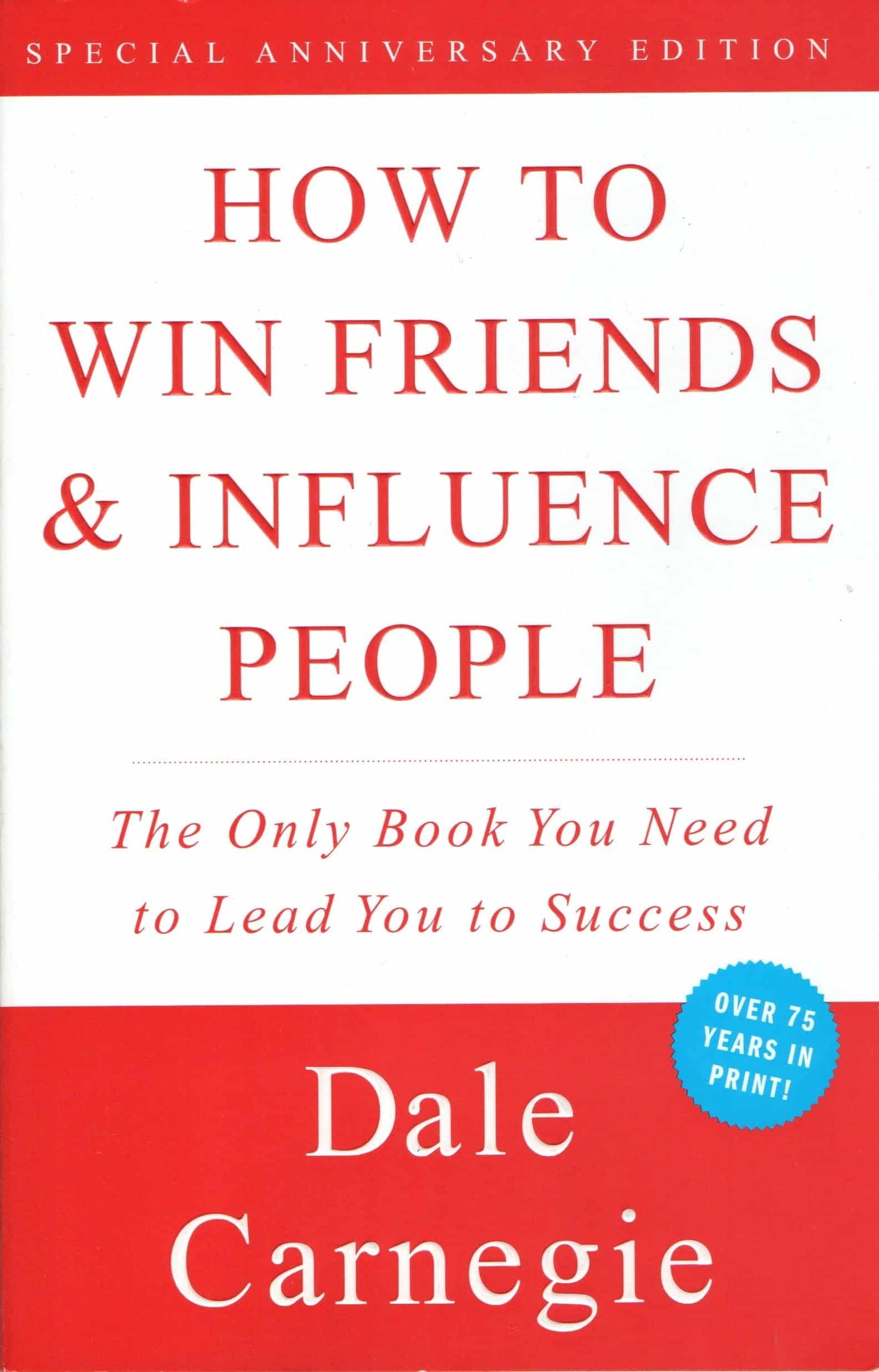
“You can make more friends in two months by becoming interested in other people than you can in two years by trying to get others interested in you.” Dale Carnegie explains the simplest and easiest techniques for influencing people.
It is one of the most praised books in the world of psychology for its concepts and simple language. Simple things like respecting people’s opinions and admitting mistakes without condemning them can make you great friends.
There are various lessons that you can learn from this book and strategize your psychological education. One must read the book, be it for educational purposes or simple self-help, and learn how to deal with people.
Now, as promised, we saved the best piece for you. It challenges Human ‘Rationalism.’
13. Thinking, Fast and Slow – Daniel Kahneman

The human brain is in a constant fight between the two systems inside the brain to control behaviors and actions. This book teaches the important lesson of ‘not’ keeping your emotions at bay when making matter-related decisions.
This is because the human brain is lazy, and it tends to stop you from making intelligent decisions.
It would be best if you learned to control your thoughts and emotions by understanding the systems in the brain- one conscious and the other automatic. It also explains the concept of loss aversion.
Psychological students must refer to this book to understand the various aspects of the human brain and then act accordingly to delve into the deep world of psychology.
Types of Human Psychology
The psychology of the human brain cannot be confined to small paragraphs and chapters. There are various types and branches to it.
- Clinical Psychology: Mental and behavioral health
- Behavioral Psychology: Understanding behavior through conditions
- Cognitive Psychology: Study of mental processes
- Biopsychology: Research on the brain, behavior, and evolution
There is also a world of dark psychology that some people use to get into the minds of others via manipulation and persuasion. There are various books on how to deal with them.
Key Takeaway
Human psychology is a vast selection of literature that seems to be never-ending. It is the science of mind and human behavior.
To master the human brain and understand why one feels and reacts in a certain way, it is important to understand the mechanism of the human brain.
The books mentioned above are the finest hand-picked for students entering the world of human psychology.
The list can include numerous books written, but these are the ones that will help you get started. They use simple language to explain the critical thinking of the brain.
Make your choice wisely by going through the summary and reviews of the book, and let us know which one you love the most.

